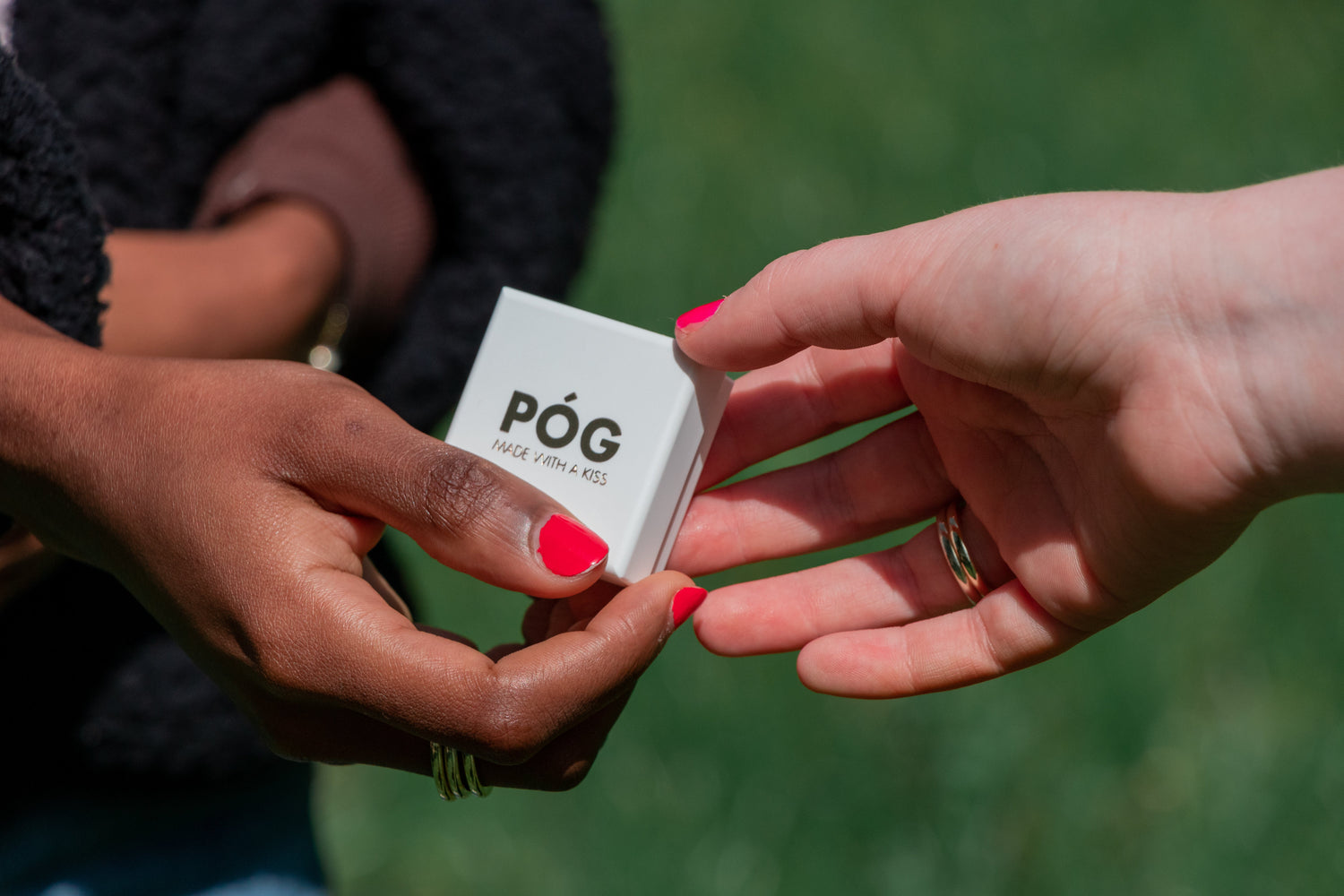
Happy International Mental Health Awareness Month
Melissa CurryWhat is Neurodiversity?
“People tend to have a narrow-minded and pre-conceived view of what it means to be Autistic. That idea may not match the person standing in front of them because Representation of autistic people has been very limited in the media even now,” said Lyric Holmans, the author of Neurodivergent Rebel Blog. As a neurodivergent individual, It's challenging to feel like you aren't understood or have been placed into a specific box by the rest of society. Luckily, there is a wealth of information out there for individuals to learn more about the spectrum of autism and neurodiversity.
Neurodiversity refers to the idea that a natural and broad spectrum of experiences and expressions occur within the human brain and nervous system (including differences in cognitive, sensory, and emotional experiences) that can vary significantly from person to person.
Neurodiversity advocates and supporters highlight the importance of recognising and celebrating the strengths that different neurodivergent individuals bring to the table, whether in the workplace, educational standards, or in their community. It's also essential to discuss the need for accommodation and support structures to ensure that neurodivergent individuals can thrive and contribute to society. Furthermore, addressing common misconceptions and stigma surrounding neurodiversity is another crucial aspect to consider.
Sensory Jewellery
Stimming is commonly used in the neurodiverse and autistic community, standing for self-stimulatory behaviour. Being neurodivergent can make navigating daily life challenging, as you have to adapt to various moods, environments, and people. Stimming is a helpful way to cope with overwhelming or different situations. It is something neurotypical people do without even realising it, similar to how they breathe.
Different stims can be:
- Repetitive behaviours: fidget tool use, snapping or zipping/unzipping fasteners, flicking, twirling hair
- Hand mannerisms: flapping hands, snapping fingers, unusual finger placements
- Body movements: rocking back and forth, jumping, scratching, pacing
- Visual: repetitive blinking, following a repetitive action with your eyes
- Auditory: repeating the exact words/phrases
- Oral: mouthing objects, chewing on objects
Sensory jewellery has become increasingly popular due to its ease of wear as an accessory and practicality. Experts have discovered that the repetitive and spinning motion of spinner rings can distract from worries and have a calming effect on the minds and bodies of the individuals wearing them. Our Heart and POG spinning rings are convenient stimming devices for neurodivergent or anyone needing quick relaxation.
Changes in Youth Mental Health and Neurodivergence
As we all know and experience ourselves, the pandemic created a shift in everyone's mental health and well-being. Specifically for our younger generation, who were used to living highly social lives and then being tucked away in their homes, it had a drastic effect on Loneliness, Depression and Anxiety. We must consider mental health as just as important as our physical health.
Neurodiversity is not a mental health condition, but individuals within the neurodivergent community are often at a higher risk of experiencing mental health challenges. This increased risk is usually linked to "masking" behaviours common among neurodivergent individuals, which allow them to conform to the norms of the majority in society. Additionally, limited resources for support can exacerbate these challenges.
Personal Stories (From customers)
Our Continued Support
To support Irish youth, we donate a percentage of our sales to Jigsaw Youth Mental Health Organisation. Jigsaw provides support for young people aged 12-25 who are dealing with various mental health challenges such as low mood, anxiety, and family issues. Their clinicians work to understand each individual's mental health concerns and collaboratively develop coping strategies. By offering early intervention, Jigsaw aims to prevent issues from escalating, emphasising that it's never too late to seek help for mental health.
We understand the challenges of juggling school and life, especially on a tight budget. That's why we're offering an additional discount for students to help make things a little easier.




